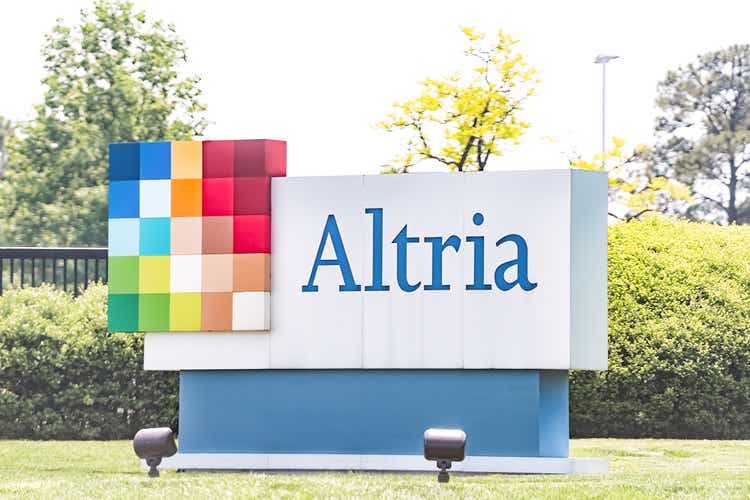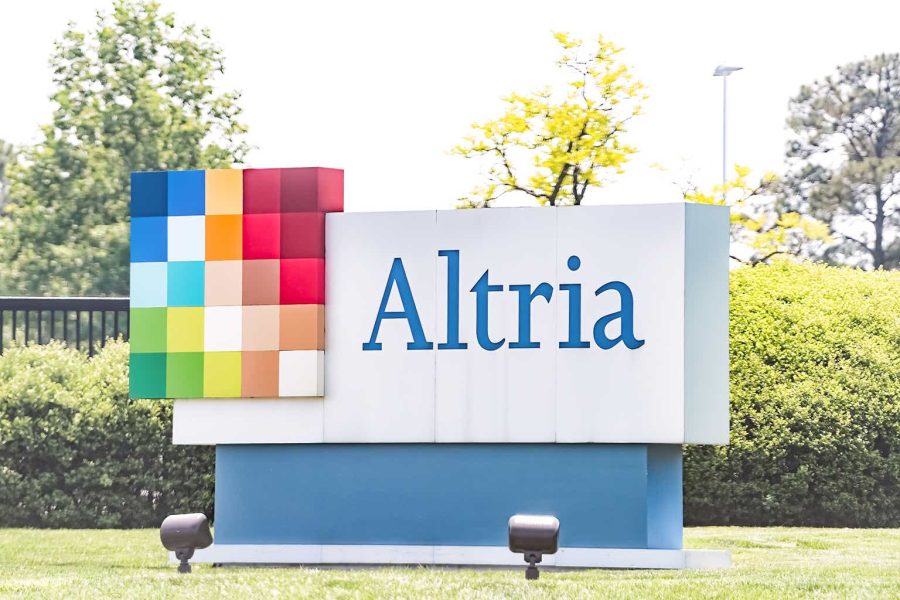Summary:
- Altria Group has delivered exceptional returns, with a $1 investment in 1970 growing over 6,000-fold, despite declining cigarette consumption.
- Regulatory barriers and high taxes have ironically enhanced Altria’s pricing power, driving significant revenue and profit growth.
- Altria’s strong brand loyalty and near-monopoly status have enabled substantial price increases, resulting in expanded operating margins from 15% in 1970 to nearly 60% today.
- Investor aversion to tobacco stocks has allowed Altria to repurchase shares at attractive prices, further compounding its intrinsic value.
krblokhin
The following segment was excerpted from this fund letter.
In 1964, the U.S. Office of the Surgeon General issued a landmark authoritative report linking the use of tobacco with the heightened risk of lung cancer and chronic bronchitis. At the time, forty-three percent of adult Americans were smokers, and more than five hundred billion cigarettes were sold per annum.
In the years that followed, several regulations were enacted aimed at discouraging tobacco use, including the passage of The Public Health Cigarette Smoking Act of 1969 that banned the advertising of cigarettes and tobacco products on television and radio broadcast. While cigarette consumption continued to rise in aggregate until 1981, the undercurrent of regulation was strong and could be seen in the steady decline in adult smoking rates which declined by a fourth, to thirty-three percent, in the seventeen years following the surgeon general report.
Soon, the structural decline of tobacco was in full onset, and was accelerated by the historic 1998 Tobacco Master Settlement Agreement which not only banned all remaining forms of advertising for tobacco companies, but also forced them to finance a multibillion dollar anti-smoking campaign. Today, less than twelve percent of adult Americans smoke, and the amount of cigarettes sold per annum has declined seventy percent from the 1981 peak.
With this backdrop in mind, many would be surprised to learn that one of the highest returning investments over the last sixty years is a tobacco company – Altria Group (NYSE:MO).
One dollar invested in Altria in 1970 has increased by more than six thousand fold today, or approximately a twenty percent annualized return, trouncing any global benchmark. In fact, if one waited until the exact peak of cigarette consumption in 1981, the outcome is still a nearly two thousand fold return, or a seventeen percent per annum return for a half century.
While the share price performance has lagged recently, Altria Group has also outperformed global indices for much of the last twenty years; indeed, on a fundamental basis, its earnings per share have compounded at nearly nine percent per annum over the last decade while paying out seventy percent of earnings each year in dividends – equating to an underlying mid-teens total return. So, how can this be?
To paraphrase Warren Buffett’s remarks circa 1980, it doesn’t hurt that it costs a penny to make, you sell it for a dollar, it’s addictive, and there’s fantastic brand loyalty. All important elements. However, better yet if it is all but illegal for new entrants to start a competing cigarette brand.
With the near complete ban on advertising, a startup cigarette company has no way of reaching out to consumers, and per the terms of the 1998 Master Settlement Agreement, that startup would be burdened by annual state settlement payments or would be legally required to escrow funds for future civil litigation. This, in conjunction with an oligopolistic market structure, has led to immense pricing power for tobacco companies.
Cigarette prices today are nearly fifty times higher than they were in 1964, compared to the broader CPI index which pegs a broad basket of goods at ten times higher over the same timeframe. Much of this price increase has been driven by increases in state and local cigarette taxes and annual settlement payments, which in some cities amount to as much as seven dollars per cigarette pack. Ironically, while excise taxes have been an effective tobacco control policy for consumption, it has served to exacerbate the pricing power afforded to tobacco companies.
Taxes make up a large portion, and manufacturer’s net revenue a smaller portion, of the final price consumers pay. As a result, small incremental price increases on the manufacturers part have negligible impact on demand, but equate to a substantial increase in cigarette company operating profits. Indeed, these substantial price increases over time have resulted in operating margins that have expanded from fifteen percent in 1970, to nearly sixty percent today.
Taken together, the significantly higher price points and expanded operating margins have dwarfed the decline in cigarette unit volumes. Finally, as Marathon Asset Management recognized, capital cycle analysis can also apply at the meta level to securities themselves. A powerful contradiction has been that the general investor aversion to owning tobacco stocks has itself fueled the compounding of intrinsic value for Altria Group as it allowed the company to repurchase its own stock at attractive prices. Since 1964, Altria has spent tens of billions of dollars to reduce its share count.
|
Disclosures Investment in Emeth Value Capital are subject to risk, including the risk of permanent loss. Emeth Value Capital’s strategy may experience greater volatility and drawdowns than market indexes. An investment in Emeth Value Capital is not intended to be a complete investment program and is not intended for short term investment. Before investing, potential clients should carefully evaluate their financial situation and their ability to tolerate volatility. Emeth Value Capital, LLC believes the figures, calculations and statistics included in this letter to be correct but provides no warranty against errors in calculation or transcription. Emeth Value Capital, LLC is a Registered Investment Advisor. This communication does not constitute a recommendation to buy, sell, or hold any investment securities. |
Editor’s Note: The summary bullets for this article were chosen by Seeking Alpha editors.
